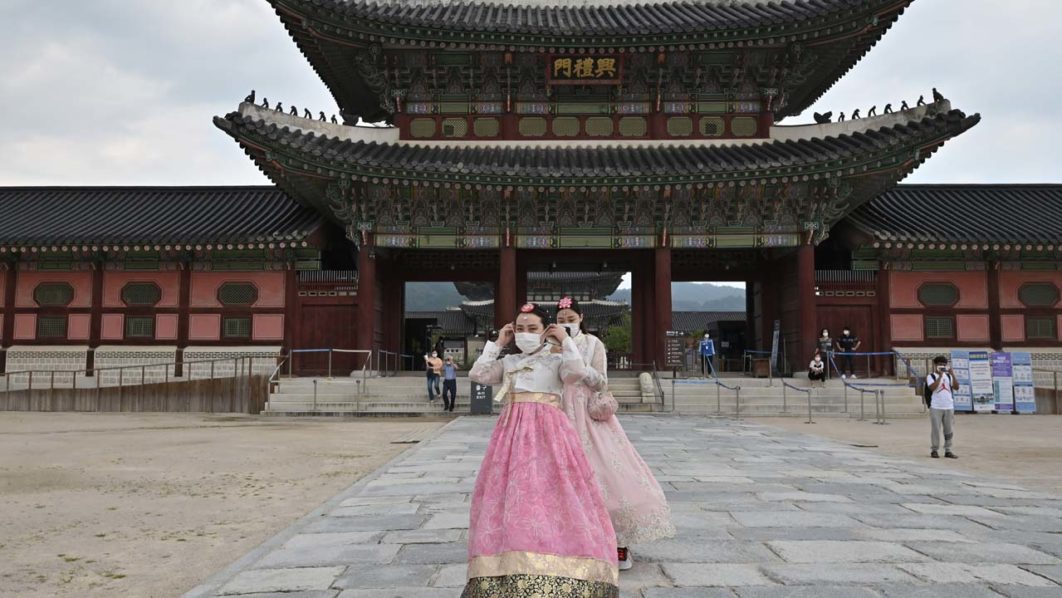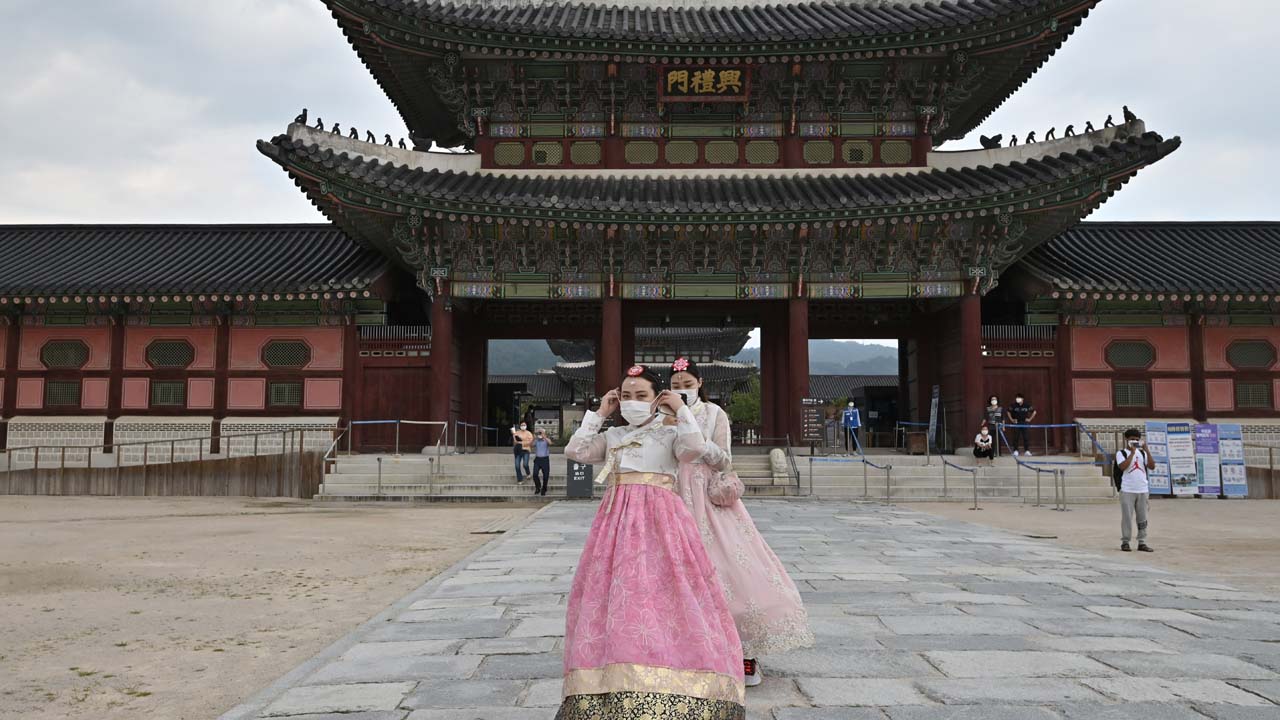
In a bid to ignite the flames of literature amongst the literary enthusiasts in Abuja, the Cultural Event Manager at the Korean Culture Centre in Nigeria, Yunjin Lee, recently organized an engaging literary event dedicated to honouring the esteemed Nobel laureate, Han Kang.
This event which took place at the Korean Culture Centre, Abuja aimed not only to celebrate the remarkable contributions of Han Kang to the literary world but also to foster a meaningful literary exchange between Korea and Nigeria.
The event featured reading intriguing excerpts from her two books, ‘The Vegetarian’ and ‘Human Acts’, panel discussions, and interactions, spoken word rendition and reviews to explore a rich cocktail of stories and perspectives from both Korean and Nigerian literature, creating a vibrant atmosphere for dialogue and collaboration among literature enthusiasts.
Addressing journalists at the event, Yunijin Lee emphasized the significance of exploring trauma as a central theme in Han Kang’s acclaimed work, “The Vegetarian”.
She noted that trauma is a universal experience that transcends borders, affecting individuals regardless of their nationality.
Lee also expressed her hope that the Nobel prize success of Wole Soyinka and Hag Kang whose legacies are evergreen will serve as an inspiration to the emerging generation of writers and creatives in Africa.
She stated: “Han’s winning the Nobel prize was attributed to her poetic expression, which resonates deeply with the human condition. Discussing human traumas is essential because we all confront various challenges in our everyday lives. Although our cultures might differ significantly, she adeptly captures historical events through her unique perspective while simultaneously linking these experiences to deeply personal narratives through her characters.”
One of the key initiators of the event and the Director of Media and Publicity for the National Association of Nigerian Theatre Arts Practitioners (NANTAP), Jerry Adesewo praised the efforts being made to promote Korean cultural initiatives that facilitate literary exchanges between Korea and Nigeria.
He pointed out that Nigeria is home to an abundance of exceptional writers whose works could compete on an international platform.
Adesewo advocated for the organization of more literary festivals aimed at sharing cultural and literary experiences, emphasizing the importance of deepening the impact of literature on both nations.
“The potential for literary exchange between Korea and Nigeria is immense. We engage in multiple forms of exchange—sports, art, and beyond—but literature deserves more focus. A notable example includes the participation of a former president of the Association of Nigerian Authors at the Seoul Writers’ Festival about five years ago. The essence of such exchanges is to share the diverse experiences of humanity. Increased literary interactions between countries would significantly enhance diplomatic relationships,” he stated.
Also, the Public Relations Officer of the Association of Nigerian Authors, Esther Adeleno, highlighted the association’s dedication to strengthening cross-cultural literary ties with writers from around the globe not just Koreans.
She revealed that there are monthly reading sessions designed to promote Nigerian writers and showcase their work on an international stage, thus amplifying their voices and stories to a broader audience.
These efforts according to them collectively contribute to the nurturing of a rich literary culture that not only celebrates individual talent but fosters global connections through the power of storytelling.






